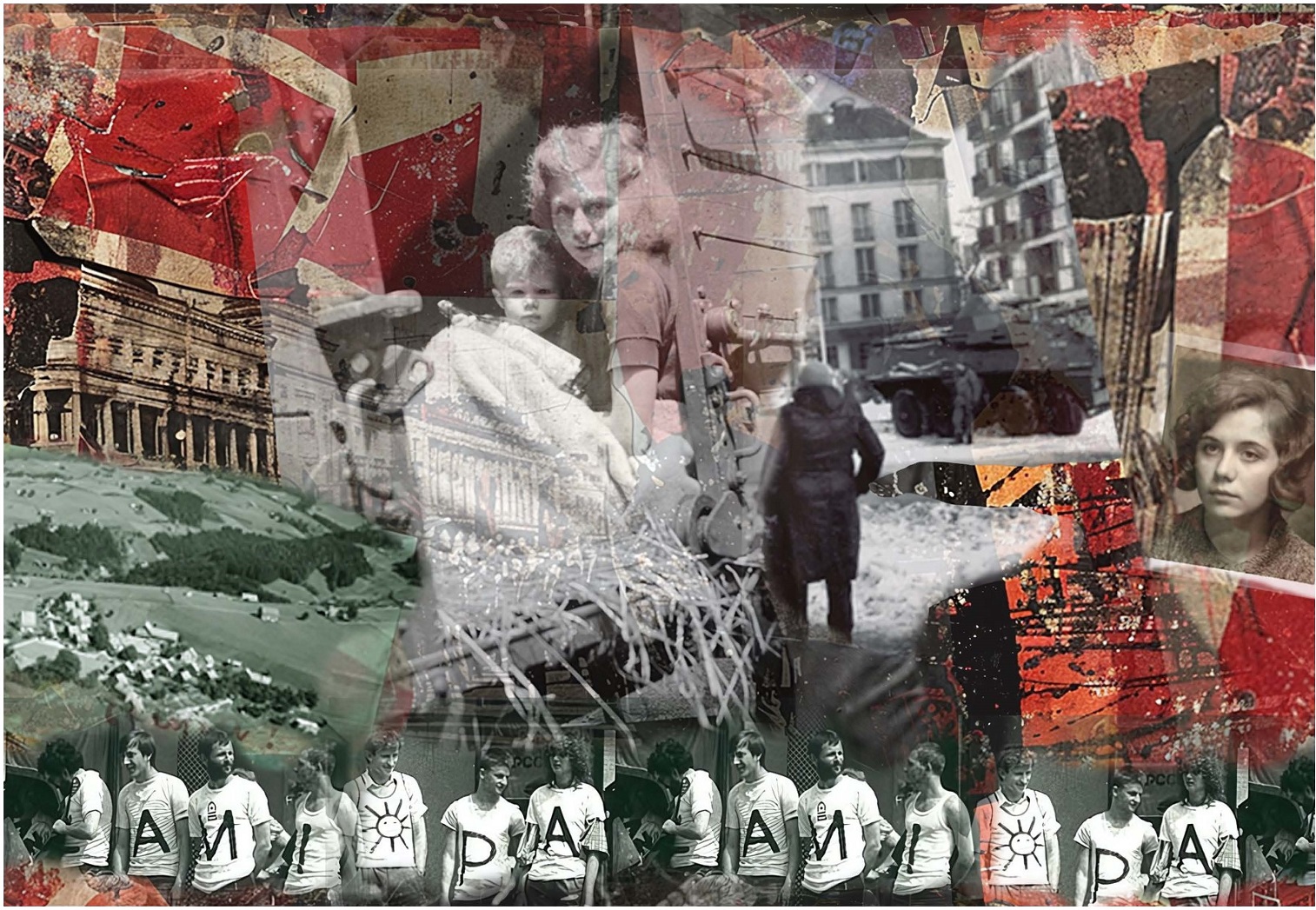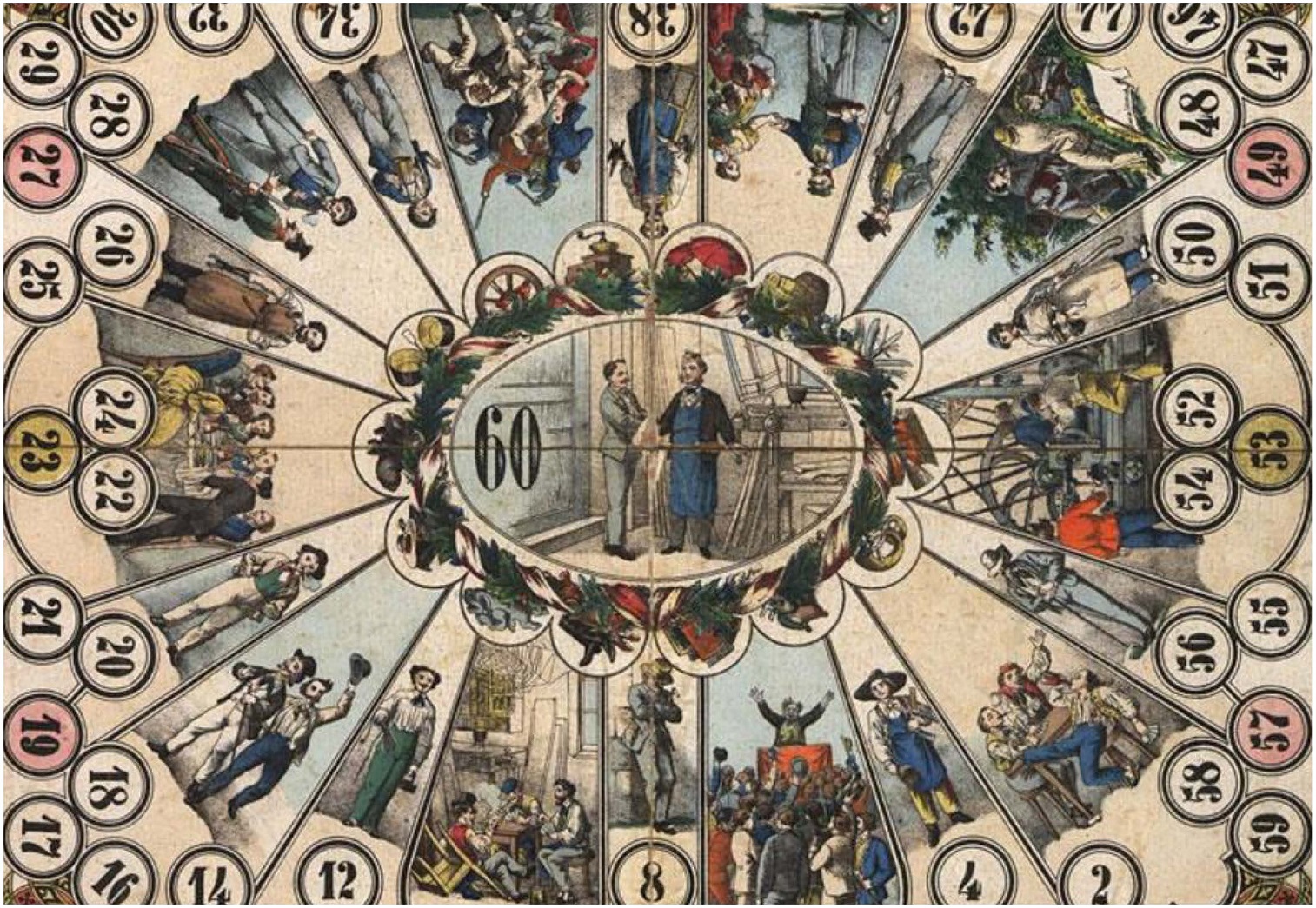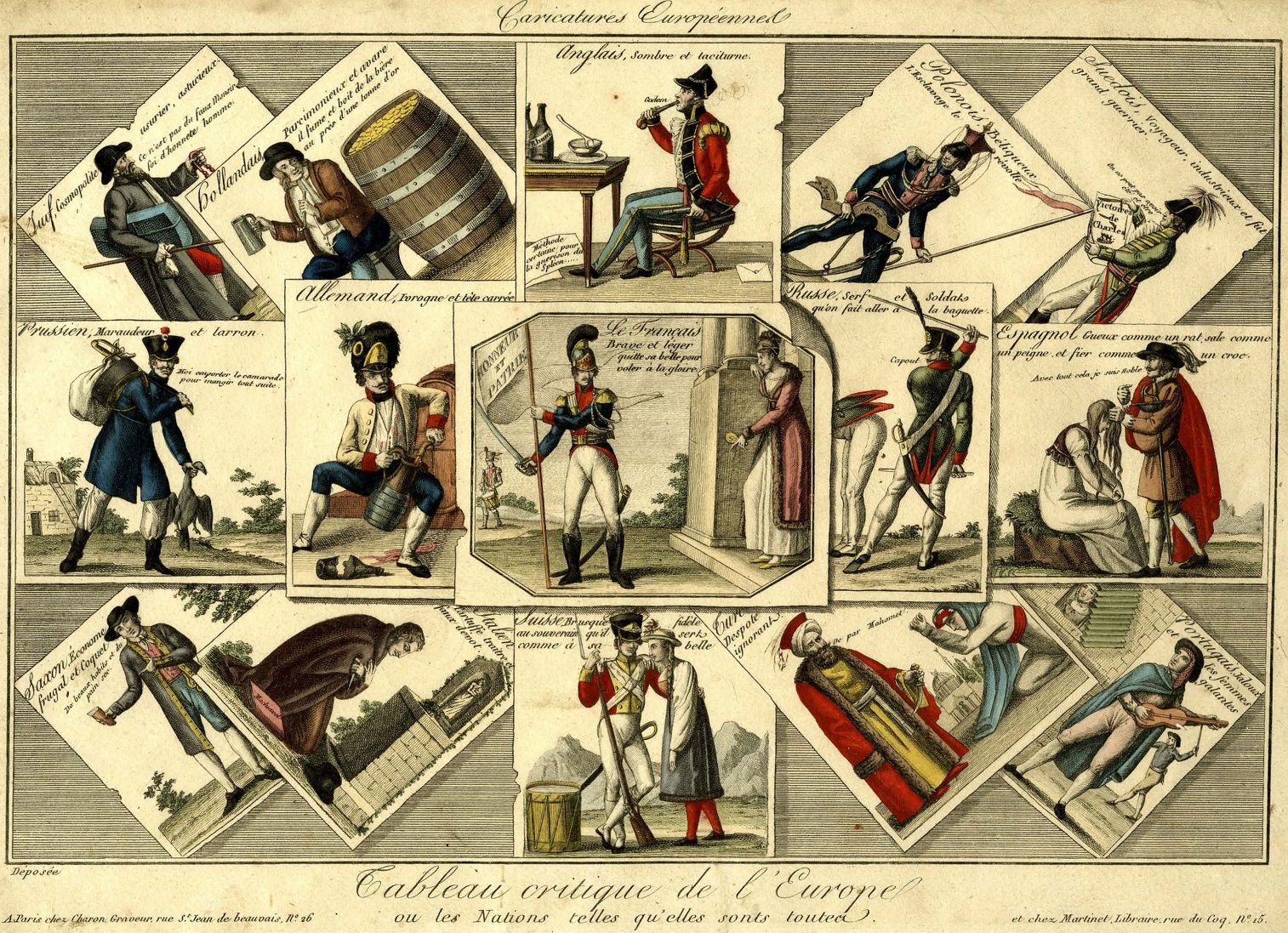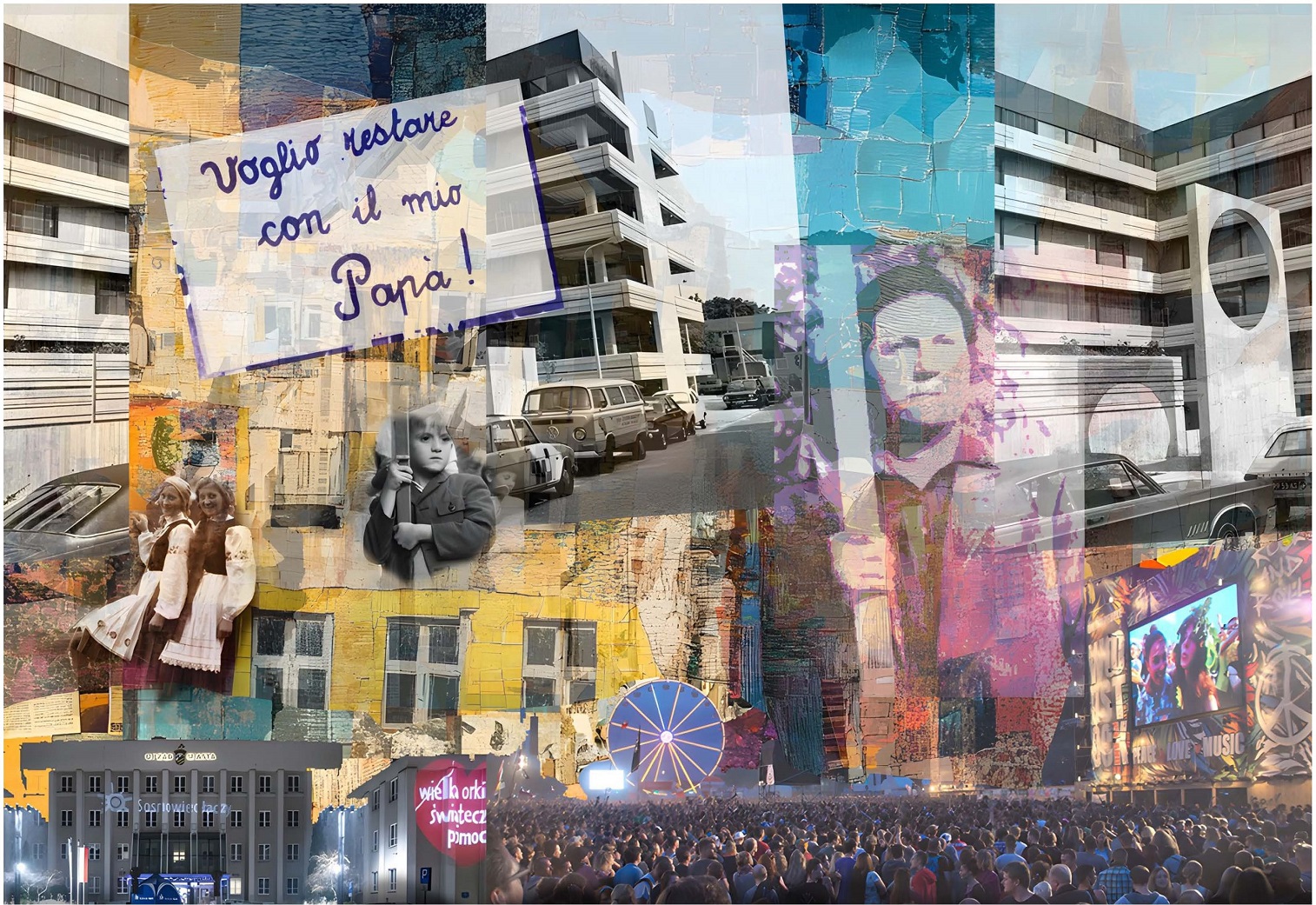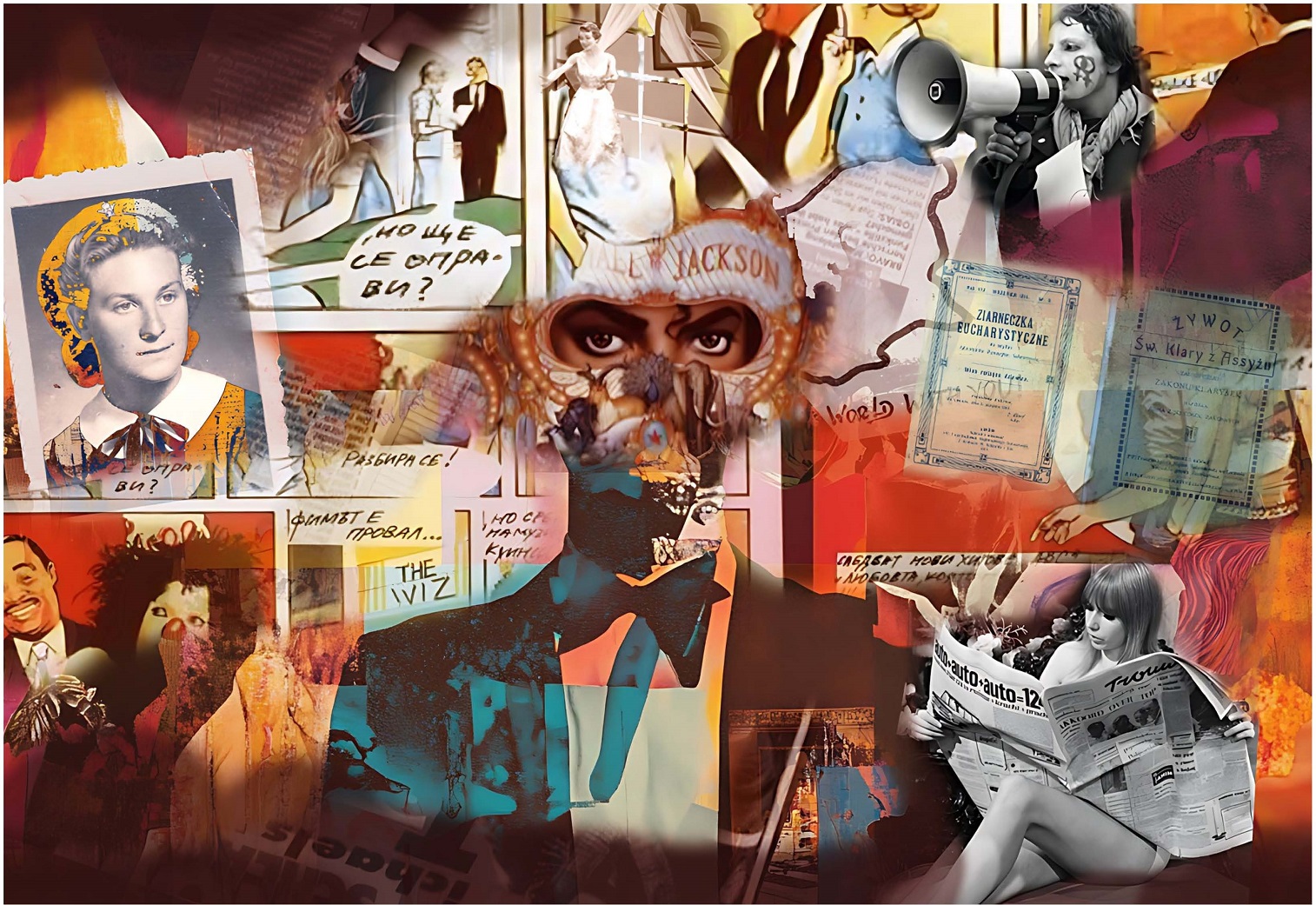Overview
The discipline of Public History is centered on facilitating interactions between academics, cultural institutions, groups, associations and the general public, to make history more accessible and available to a wider audience. With the goal of democratising not only access, but also the ‘production’ of history, the Public History as the New Citizen Science of the Past (PHACS) research project develops public history concepts and participatory models to interpret the past.
Public historians from the University of Luxemburg's Centre for Contemporary and Digital History worked with the House of European History to develop transnational participatory practices allowing the co-creation of content with a pool of international participants for an installation in the museum. To do so, the Participatory Public History Lab (PPHL) was established, through a collaboration with a group of 14 students from across Europe.
This pilot project implements a transnational participatory methodology for the students, to interpret a section of the permanent exhibition of the House of European History. It brings to light challenges of participatory history making, such as the surfacing of multiple and sometimes conflicting stories and the engagement with divergent interpretations of the past. The PPHL project exemplifieswhat ‘participatory history-making’ means, and how public history can be implemented in the museum context and practice.
Public historian and project leader Camilla Portesani developed, implemented and tested this method to enrich the discourse of the museum with new narratives, re-interpreting some objects of its collection.
The project has also included exchanges with practitioners that have engaged with participation methodologically and theoretically, through discussions and a round-table organised at the House of European History in December 2022.
A pan-European and interdisciplinary cohort of students (see list of participants below) undertook research with their local communities to interpret the HEH’s objects exhibited on “Shaping Europe - Memory and European Heritage” section. The new interpretations that participants provided helped enriching the museum’s permanent exhibition.
The results of this collaboration will be incorporated into an interactive installation to be exhibited in the museum from November 2024 to February 2025.
Survey
What do you think of the project?
Have you seen the installation?
Visuals
These images were created or selected by PPHL participants, for use on an interactive multimedia installation.
Participants
- Agata Bielecka
- University of Wroclaw (Poland)
- Anna Jawień
- University of Wroclaw (Poland)
- Christina Nanz
- Pädagogische Hochschule Luzern (Switzerland)
- Evy Hinten
- Breda University of Applied Sciences (the Netherlands)
- Jakub Jędrusik
- University of Wroclaw (Poland)
- Kacper Kołodziej
- University of Wroclaw (Poland)
- Karolina Piszczałka
- University of Wroclaw (Poland)
- Lilian Dutoit
- Pädagogische Hochschule Luzern (Switzerland)
- Lyuboslava Hristova
- Sofia University St. Kliment Ohridski (Bulgaria)
- Maria Getova
- Sofia University St. Kliment Ohridski (Bulgaria)
- Marie Jacobs
- Breda University of Applied Sciences (the Netherlands)
- Olena Banaś
- University of Wroclaw (Poland)
- Tommaso Dal Maso
- Breda University of Applied Sciences (the Netherlands)
- Viktoria Rolanska
- Sofia University St. Kliment Ohridski (Bulgaria)
More information
More information is available on the PPHL project page.
For specific questions, phacs uni [dot] lu (contact the organisers directly)
uni [dot] lu (contact the organisers directly)

